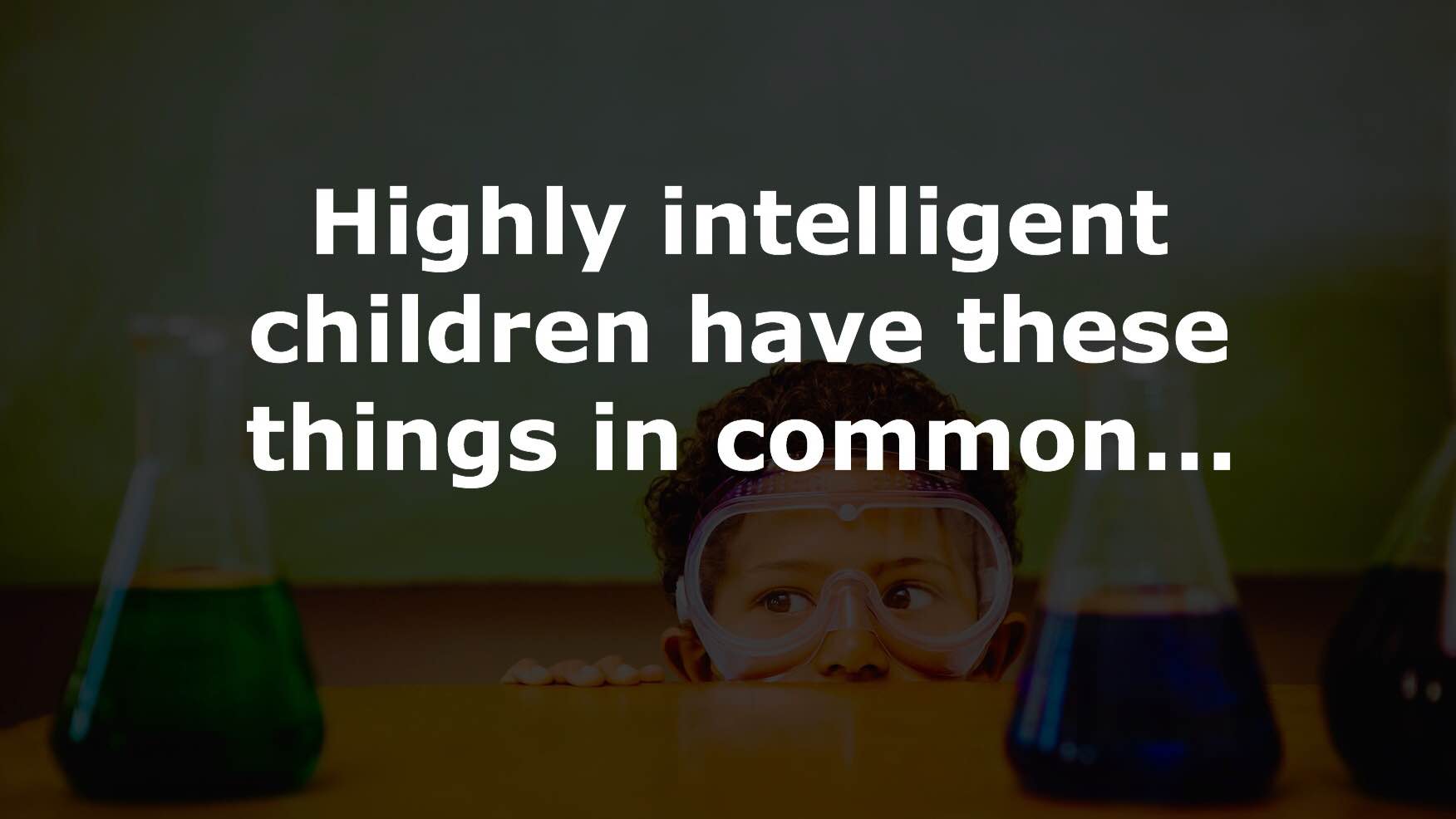In Summer of 1968, John Hopkins University (JHU) professor Julian Stanley met a 12-year old named Joseph Bates. The child grew bored of the overly simple work that his school mandated he churn out day after day. Bates, as it would turn out, was a gifted child. However, little Joseph did not receive encouragement from the staunchly-traditional education system. Indeed, the school did not recognize or cultivate intelligent students.
Joseph Bates was eventually enrolled in a computer science program at JHU – a move that the child’s parents hoped would provide an adequate challenge and proper cognitive stimulation. However, even a difficult class at one of the United States’ most prestigious universities was not enough. Eventually, the child ended up both enrolling at JHU and teaching advanced programming language to graduate students.
Observing the failure of traditional education to identify and cultivate gifted children, Stanley developed the Study of Mathematically Precocious Youth (SMPY), which would eventually revolutionize the way that gifted children are sought out and nurtured.
“I don’t know of any other study in the world that has given us such a comprehensive look at exactly how and why STEM talent develops.” – Christoph Perleth, Psychologist at the University of Rostock (Germany)
45 Year Study Reveals What It Takes to Raise Highly Intelligent Children
SMPY has been conducting childhood intelligence studies for over 45 years and is recognized as the preeminent source by many to develop the intellects of children. SMPY has produced several hundred scientifically-rigorous studies on a myriad of topics related to childhood intelligence.
Perhaps the most important work of SMPY is related to the identification and cultivation of gifted children in the areas of science, technology, engineering and mathematics, or STEM. People that have been identified by SMPY have gone forth to leave significant impacts on a variety of fields. Pioneering mathematicians Terence Tao (winner of the 2006 Fields Medal), and Lenhard Ng were involved with SMPY, as were business magnates Mark Zuckerberg and Sergey Brin. Lady Gaga was also a SMPY pupil.
What SMPY Discovered
SMPY followed the achievements of 5,000 precocious youths up to the peak of their respective careers. Researchers discovered that their subjects societal influence far outpaces those of non-subjects; namely, numerous innovators in the fields of science, technology and culture (e.g. Zuckerberg) were all supported in their early years by JHU’s Center for Talented Youth, an adjunctive entity of SMPY.
In published studies, SMBY theorizes and proves that childhood intellect has a disproportionate influence on eventual success. Here are the key findings of SMBY’s research:
- Inherited intelligence is a stronger indicator of success than repeat practice or socioeconomic status.
- Provided that a gifted child develops properly, they will likely make a significant impact in their chosen field of endeavor.
- There exists no one single factor that can determine a person’s success; there are outliers in each intellectual tier.
- Proper nurturing of gifted children is important to the future development and competitiveness of respective societies.
- Gifted children can accomplish many foreign tasks, and complete work that they had no previous knowledge of (This is especially true with gifted young mathematicians).
Nurturing an intelligent child
“Setting out to raise a genius is the last thing we’d advise any parent do…(it) can lead to all sorts of social and emotional problems,” says Camilla Benbow, dean of education and human development at Vanderbilt University (which oversees SMPY initiatives).
Instead, Benbow and her talent-development researchers came up with a series of recommendations for parents of gifted children. The goal, states Benbow, is to inspire both achievement and happiness in smart children. Here are some of the points of emphasis given to parents of gifted kids.
- Use labeling words such as “gifted” or “special” with precaution. Labeling a child often can lead to emotional distress.
- Allow the child to experience intellectual endeavors on their own. This conveys that failure and risk is vital to the learning experience.
- Focus on emphasizing effort, not innate ability. As mentioned, various factors determine someone’s relative “success,” not just inherent intelligence.
- Encourage the child in intellectual areas of interest. Don’t force them to “be something” they’re not.
- Collaborate with educators to plan a path. Gifted children often feel a strong sense of boredom or uncomfortable routineness with assigned work. Come up with a good, well-balanced educational plan.
- Convey emotional and intellectual support. Such an approach will help with developing the child into a well-rounded person.
- Expose the child to diverse experiences. Children with high intelligence often require novelty to sustain motivation.
Final thoughts on raising intelligent children
SMBY is simply one of the many entities that studies childhood intelligence. The word “intelligence” often provokes differing thoughts and emotions, and for good reason. Indeed, despite the tireless research conducted by a number of great minds, no true consensus exists as to what constitutes real “intelligence.”
This aside, we do understand that both inherent intelligence and environmental factors are influential in a child’s cognitive development. All children, regardless of innate ability, require stimulation via learning, as well as a loving and stable home environment to reach their full potential.
The fact that institutions such as SMPY and others exist ought to be encouraging. Gifted children have the potential to become tomorrow’s great scientists, artists, mathematicians, teachers, engineers, government leaders, and so on. It’s up to us to ensure the young children that make up the gifted demographic receive the nurturing and wholeheartedly embracing their intelligence.














 Community
Community

